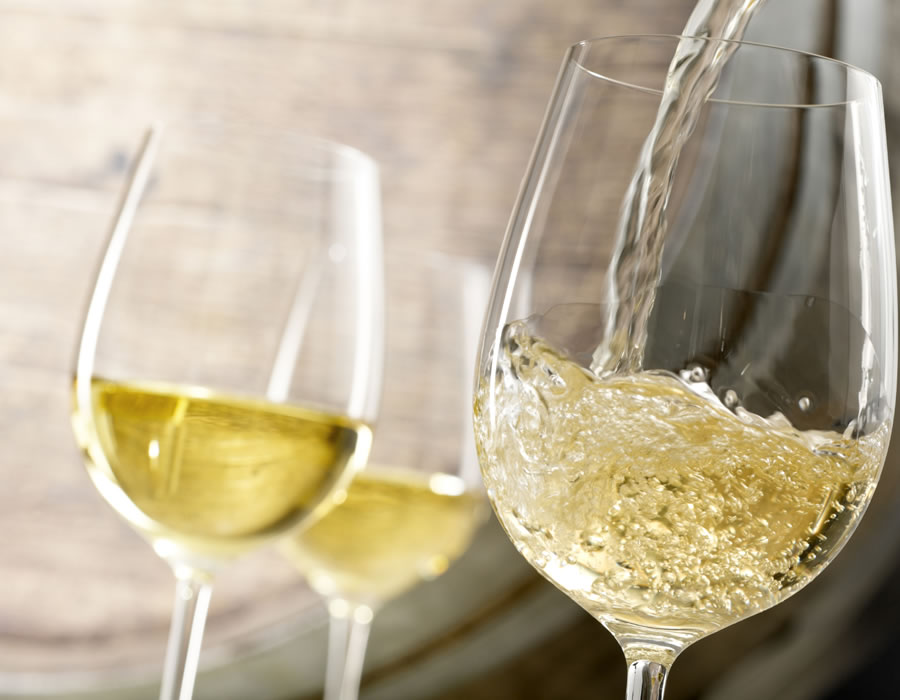
Alcohol And The Effects On Your Diet
It’s no secret that as a nation we enjoy a tipple or two, it’s embedded in our culture and therefore alcohol is included in many social situations we find ourselves in.
Now we don’t want anyone to miss out on socialising with friends and family, but it’s important to understand the effects of alcohol on weight loss and your health as a whole.
The recommended units of alcohol we shouldn’t exceed per week is now 14 for both males and females. To put this into perspective, a standard pint of beer or a small 175ml glass of wine has 2.3 units so it’s not long before you exceed the allowance.
Empty calories
One of the problems with alcoholic drinks is that when it comes to losing weight they can add a huge amount to your overall calorie intake for the day and take you off track very quickly. Alcoholic drinks have very little nutritional benefit and most people do not realise the calorific content in their drinks. For example, an average pint of larger has around 200 calories and a 175ml glass of white wine has around 150 calories. When you compare that to some ‘treat’ foods, alcoholic drinks are nearly on par with some of our favourites such as a jam donut at 205 calories or three custard creams at 174 calories.
Alcohol is also used as the primary source of fuel compared to anything else in the body so if you’re having a few drinks, it’s the alcohol that will get used first before any carbohydrates or fats which won’t help if you’re trying shift the pounds.
Increased appetite and unhealthy choices
We all know that after a few shandies, unhealthy food is even more tempting than usual. Our inhibitions fly out of the window and those greasy burgers and cheesy chips make their way into our hands. You may experience an increase in appetite as well. Some studies have shown that alcohol can even trigger hunger signals in the brain.
If you’re nursing a hangover, our willpower decreases dramatically which makes us make unhealthy decisions for another day and we’re more likely to be less active too.
Dehydration
An excess of alcohol can lead to dehydration and this because alcohol decreases the production of an anti-diuretic hormone meaning we cannot absorb the water we need to. When we’re hydrated we’re more prone to headaches too and therefore less likely to be active and rely on convenience food the day after drinking.
Effects on your sleep
You may think that that having a few drinks will knock you out and a night cap will help you have a good night’s sleep, but the opposite is true. Alcohol disrupts your sleeping pattern and you’re much more likely to be restless or only get some light sleep rather than a good quality deep sleep. A bad night’s sleep can then create a hormone imbalance and an increase in hunger signals from the brain.
How to make healthier choices
If avoiding alcohol all together isn’t achievable, it’s still possible to make some healthier choices and avoid ruining your healthy lifestyle such as:
- Eat beforehand and line your stomach to prevent from over eating/drinking.
- Avoid the takeaways by prepping something you can reach for easily when you get home.
- Opt for clear spirits and low calorie mixers such as single (25ml) gin and slimline tonic at around 60 calories or a single (25ml) vodka and diet coke which has 54 calories.
Have a glass of water between each alcoholic drink to stay hydrated and cut the calories

